The North East Slow Food and Agrobiodiversity Society (NESFAS), supported by Odisha-based NGO Living Farms, on Thursday hosted a workshop on Sharing Results of Best Agroecological practices at the KJP Conference Centre in Shillong.
Members of Living Farms, who are on a five-day exposure trip to Meghalaya, custodian farmers from some of NESFAS’ and Society for Urban and Rural Empowerment (SURE) partner communities attended the one-day workshop, which was facilitated by renowned from across the city.
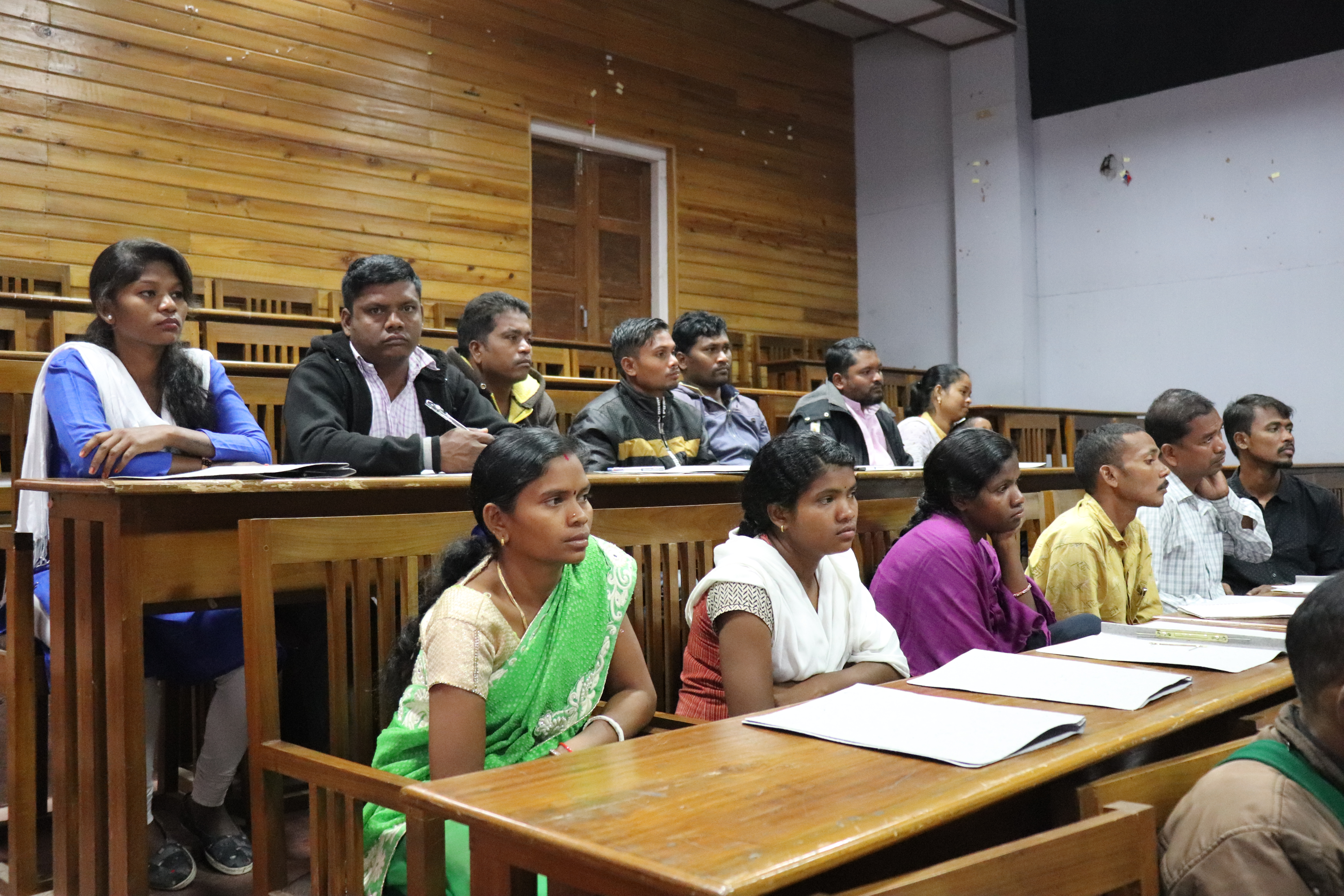
Pius Ranee, Senior associate at NESFAS started the workshop by giving a brief introduction on what these Agroecology Learning Circles (ALC) are. An ALC is a group of farmers who aims to empower local communities to recognize, revive, practice and eventually further develop traditional agroecology technologies and practices and stimulate local innovations for sustainable local food systems.
Thomas Iangjuh, Junior Scientist at Bio Resource Development Centre (BRDC), Shillong spoke about integrated pest management. He focused on how mono-cropping (in Meghalaya) is vulnerable to pest infestation. Iangjuh introduced some pests found is several common crops. He said, “In order to avoid the use of chemicals, we have to adopt the use of integrated farming system. We should promote the use of natural farming systems and combine it with knowledge developed by other kinds of farming systems (institutions, research, etc).” Iangjuh also shared several tips with the audience on how they can create insect traps using low-budget local resources and use natural resources such as plants and other insects as pest repellents.
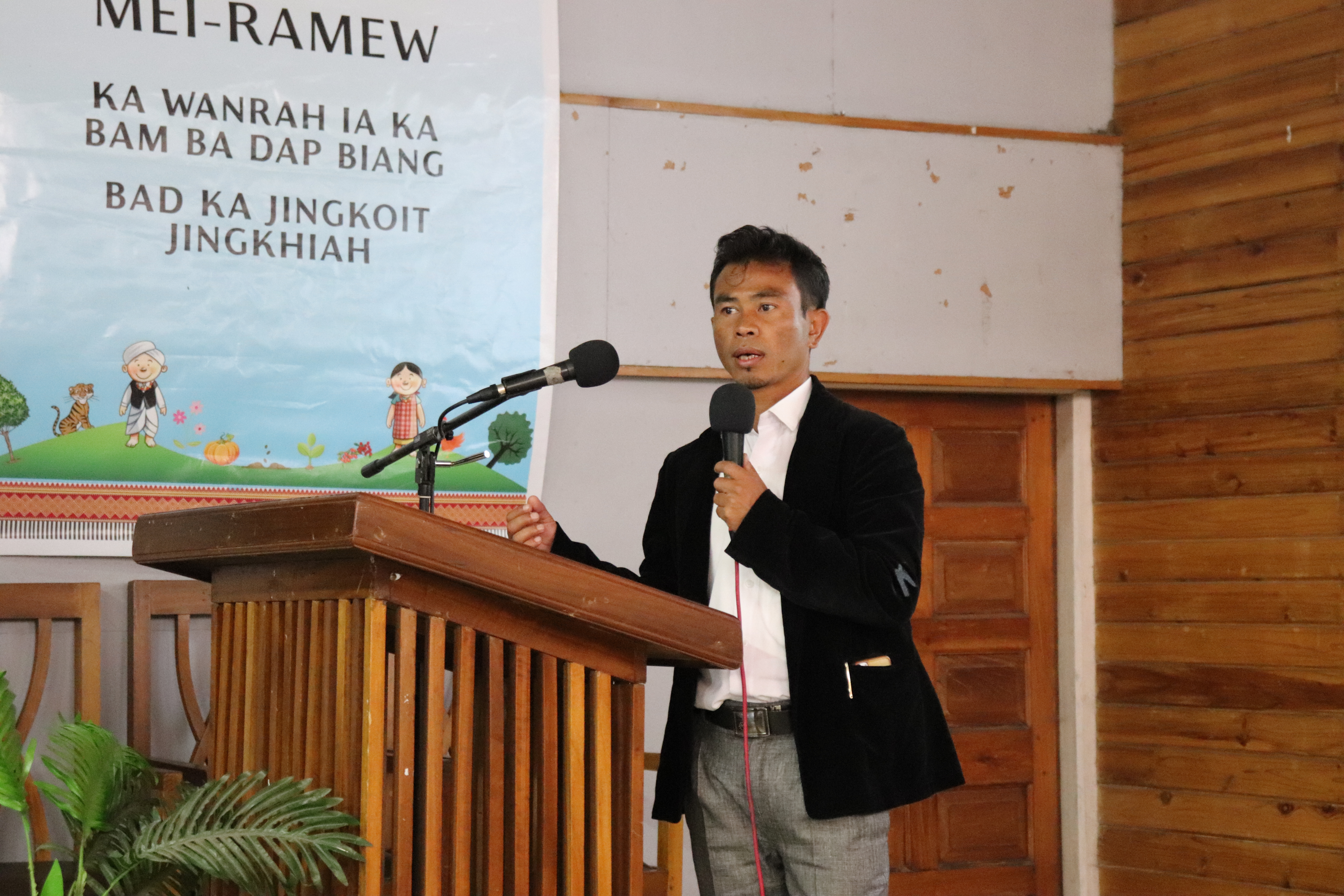
The NESFAS research team, which is headed by senior associate Bhogtoram Mawroh, then shared the results of the works that were conducted by the ALCs. Two ALCs from Khweng and Mawhiang conducted participatory research on pest management and one ALC from Umsawwar conducted on soil improvement. The farmers found positive results in their experiments. Members of the ALC also spoke about their experiences during the process of conducting participatory research in their cultivation fields.
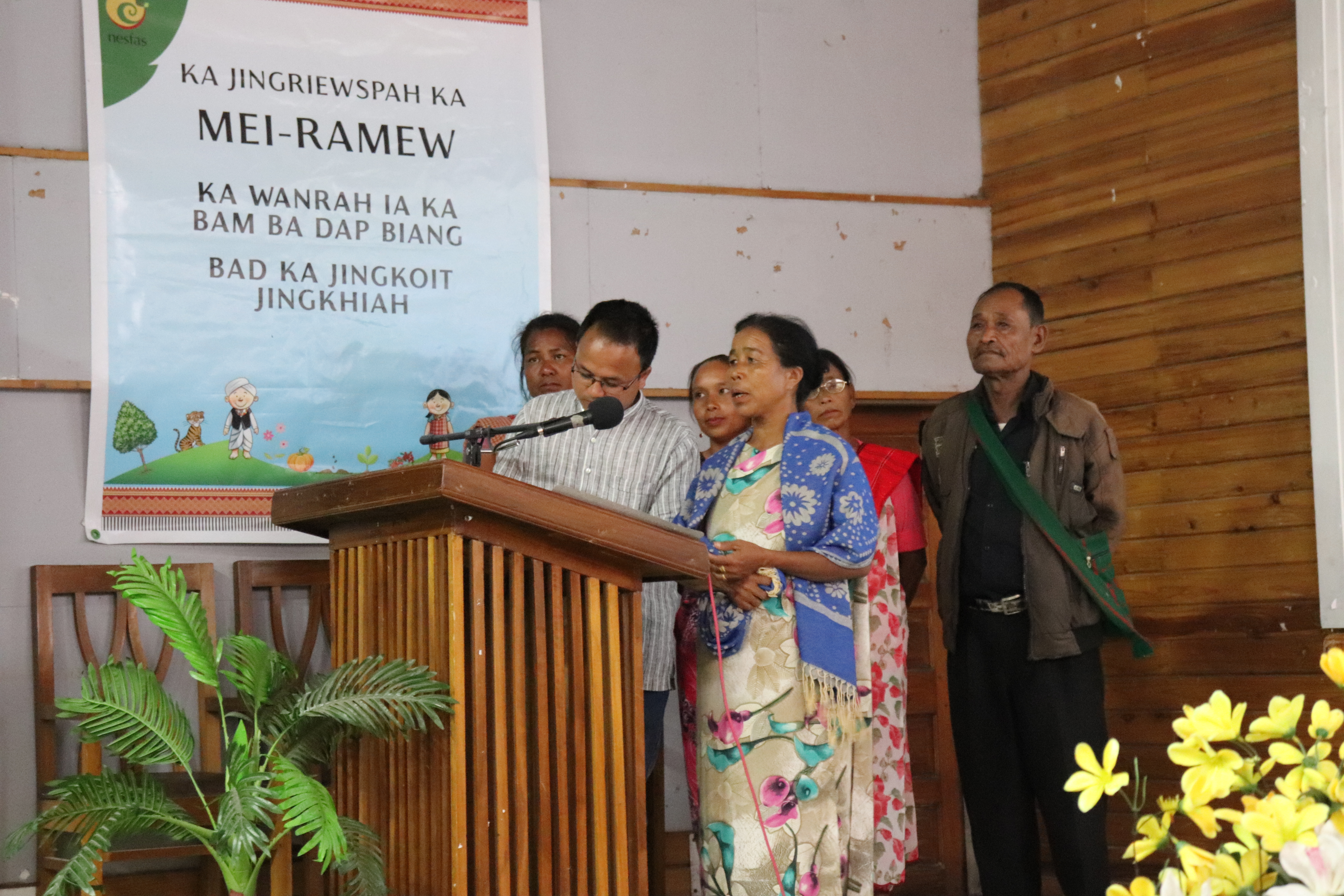
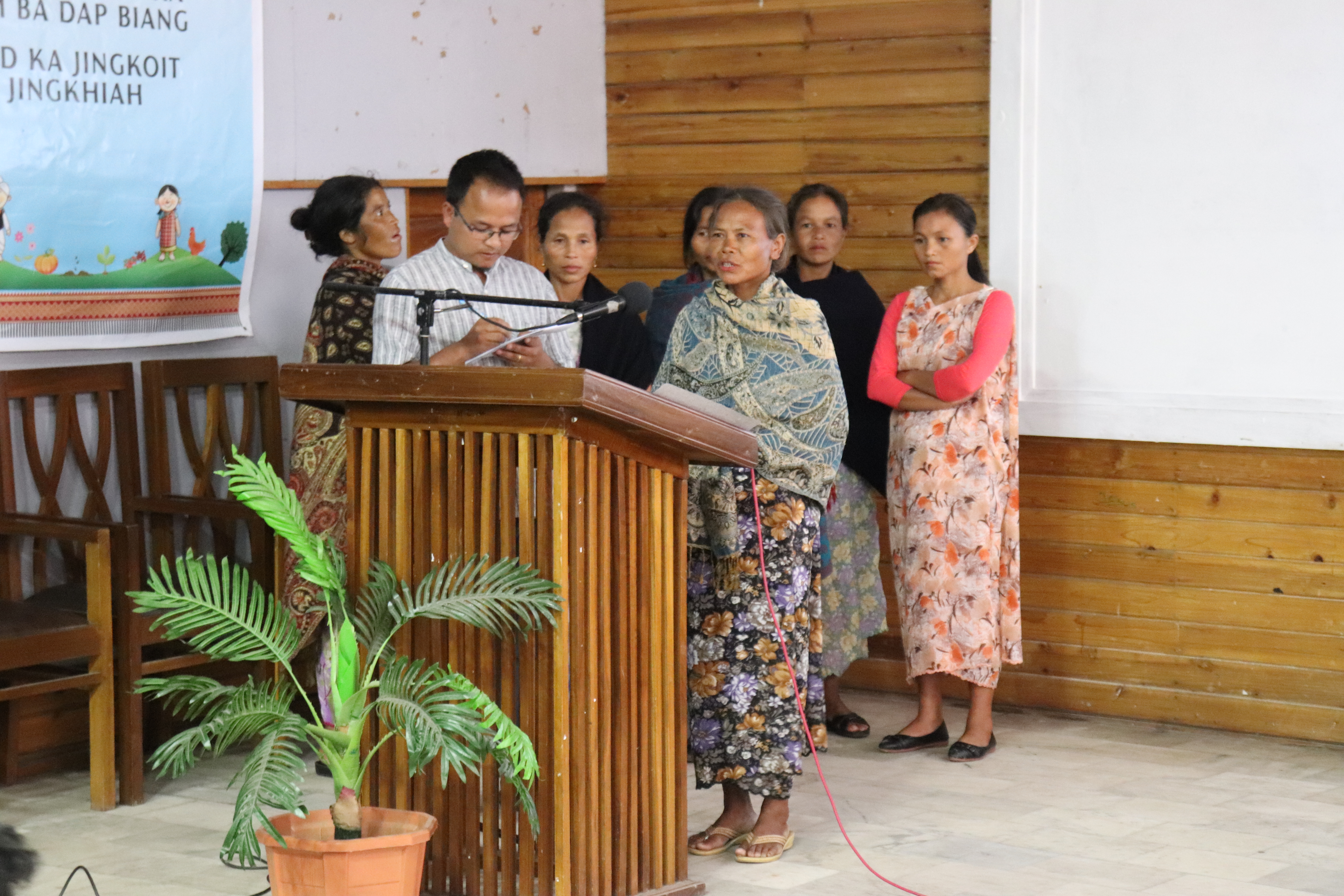
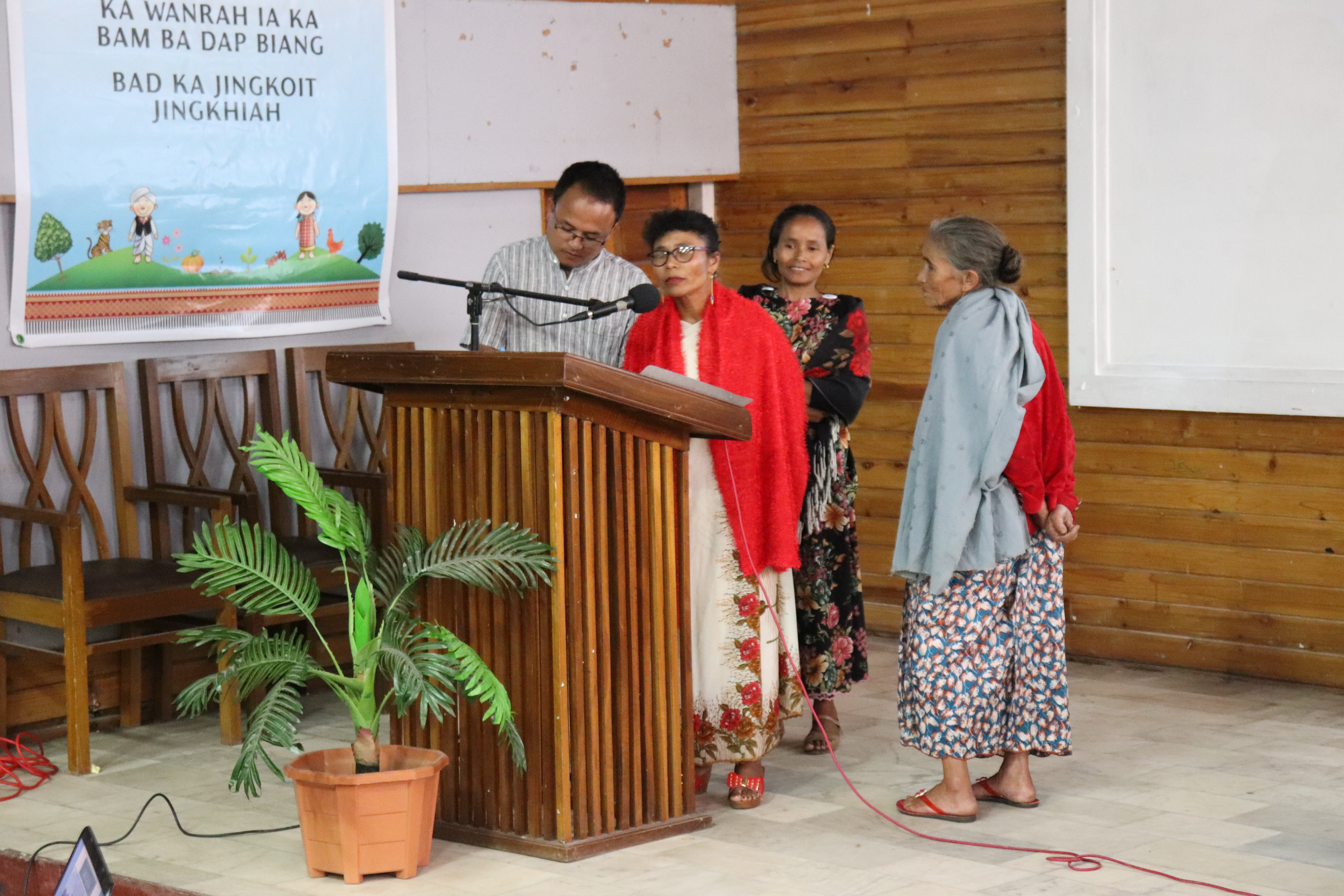
Members of Living Farms (from Kondh tribal community) also shared their practices of how they use similar techniques to do away with pests. They also shared a few techniques as to how the farmers can store their seeds in a natural way.
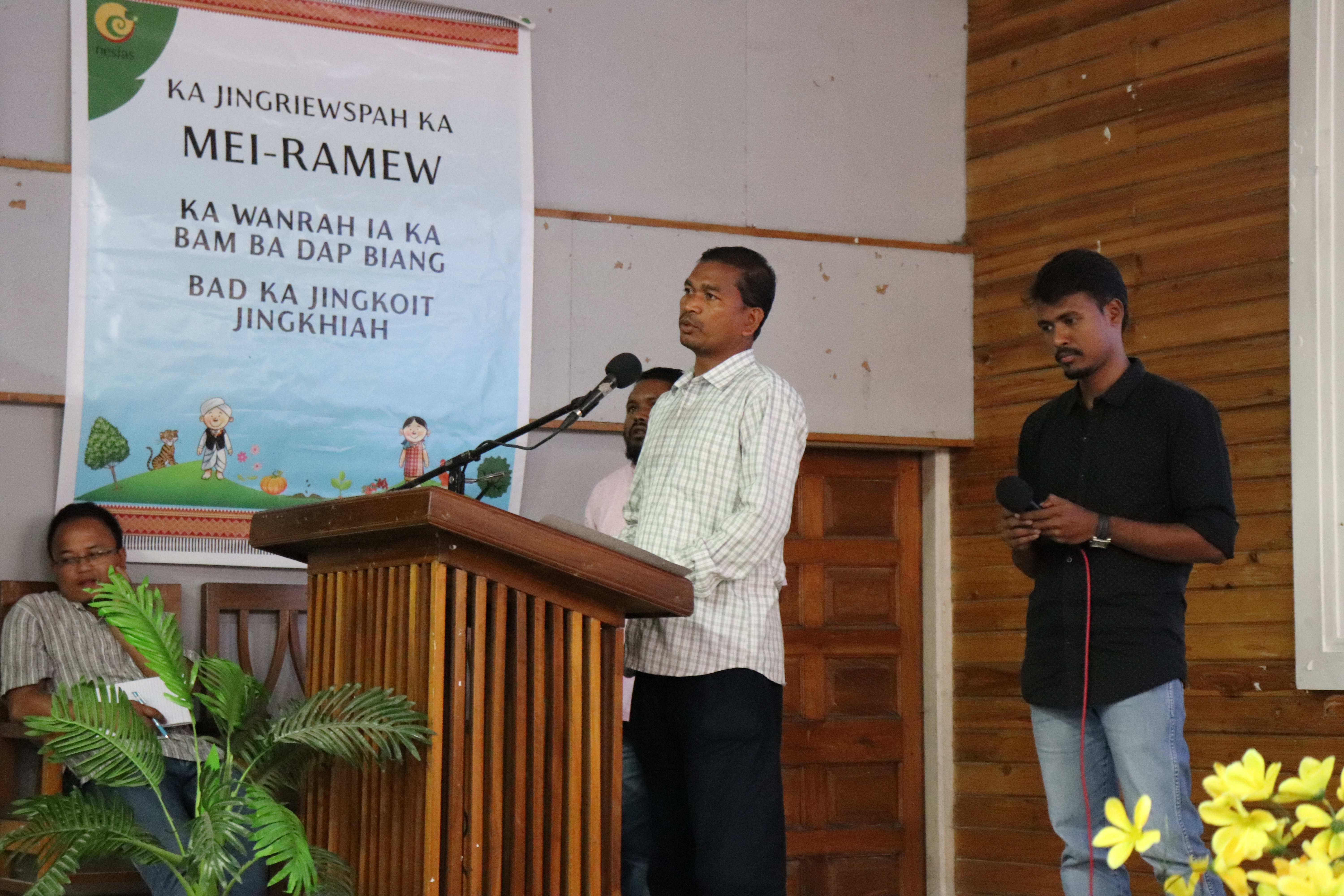
Dr Carl O. Rangad, board member of NESFAS applauded the farmers for taking steps to find alternatives for pest management and to improve soils. He however encouraged them to enhance their research by questioning their own decisions so that they can become think tanks at the village level for alternative solutions.
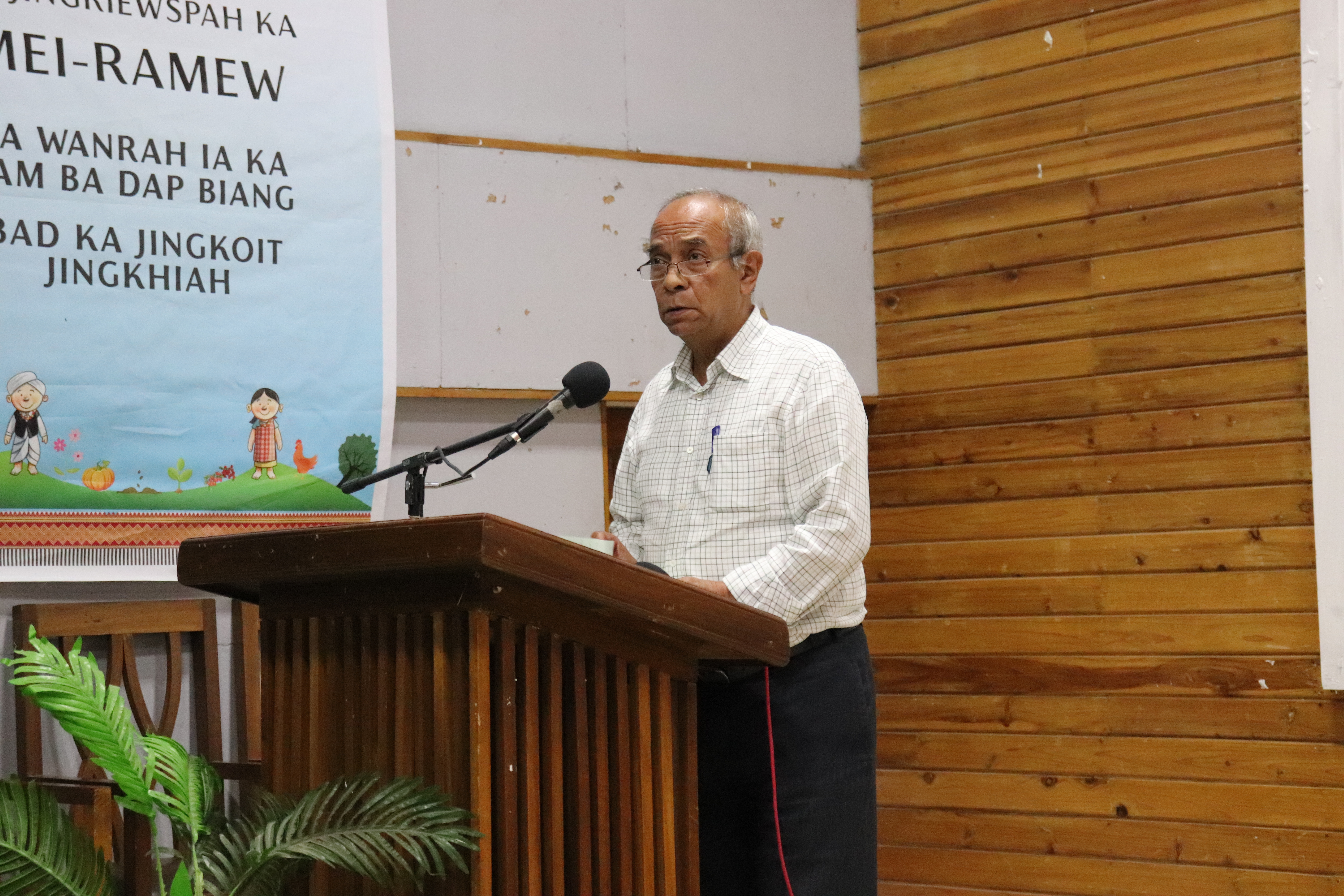
On the other hand, on the same day, senior associate at NESFAS Janak Jassal shared the concept of the Participatory Guarantee System (PGS). “It works with small scale farmers and it gives the authority of certification to the farmer itself,” he said.
NESFAS was granted the Status of Facilitation Council of the PGS Organic Council last November 2018. Out of 46 local farmer groups mobilized, 20 groups from West Garo Hills, West Jaintia Hills and East Khasi Hills district, received the organic farmer certificates from the Participatory Guarantee Systems Organic Council (India).
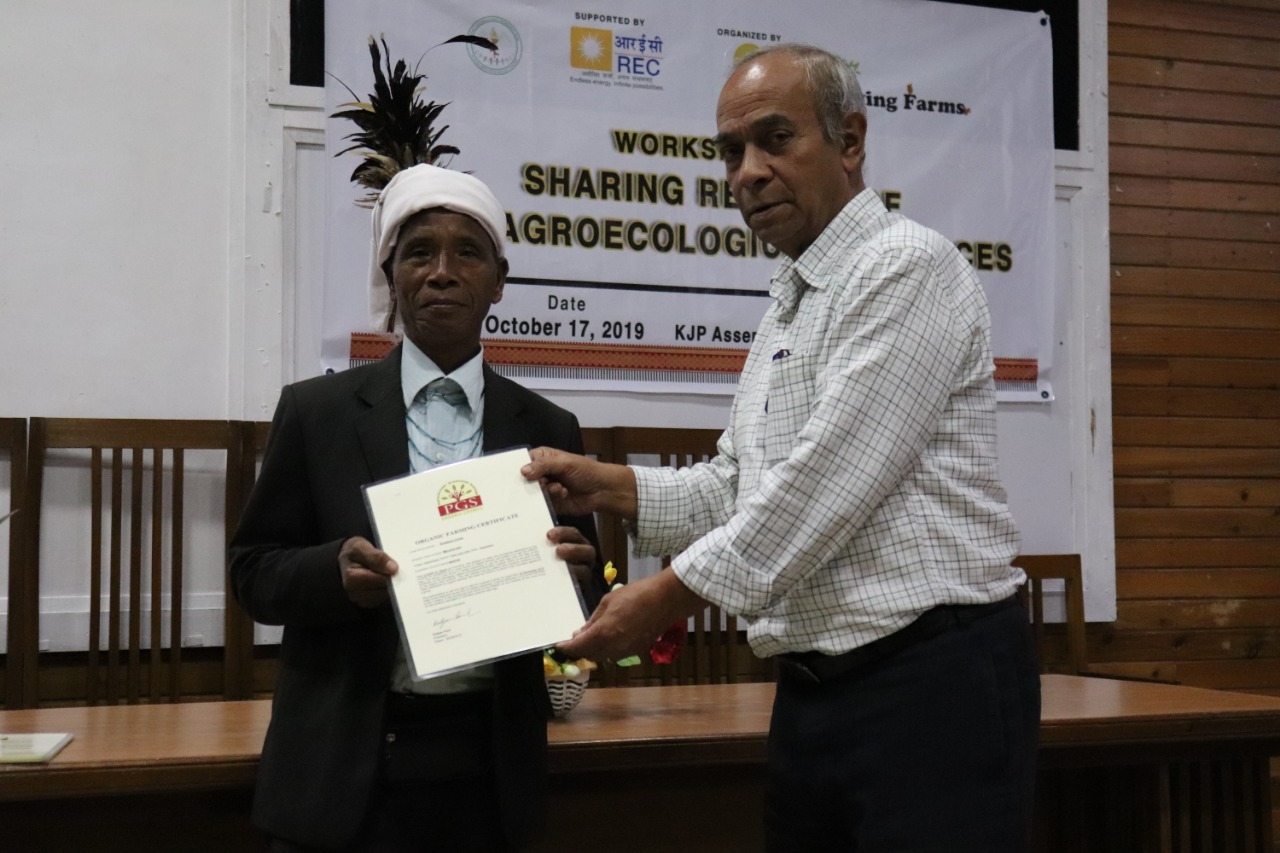

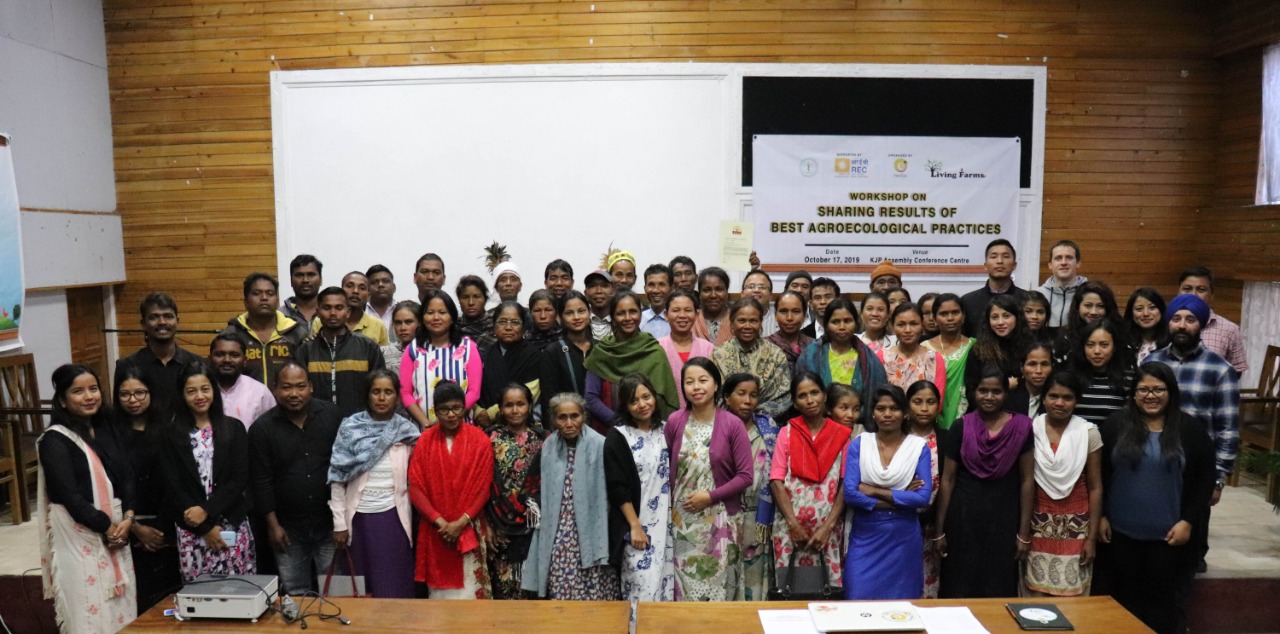
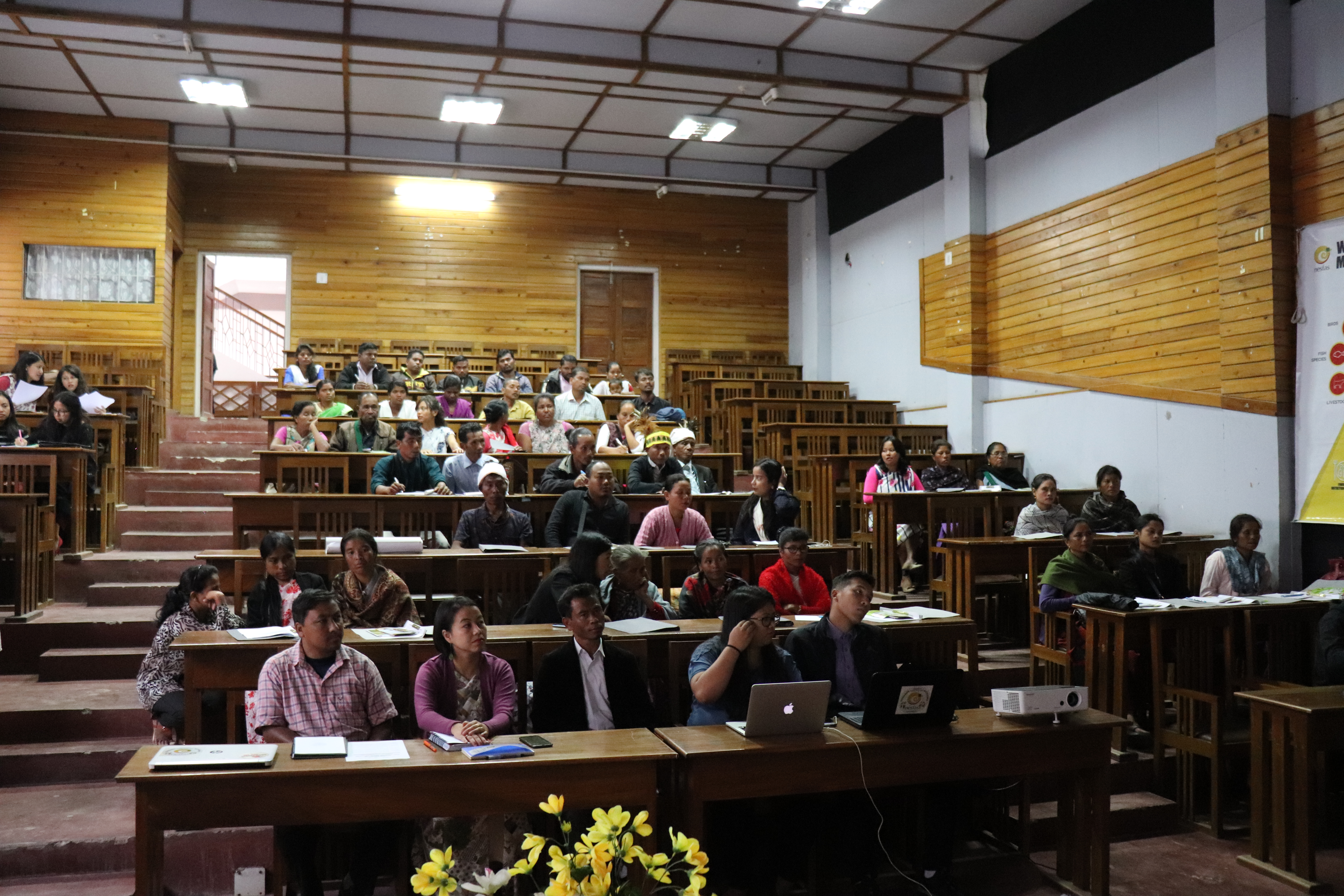


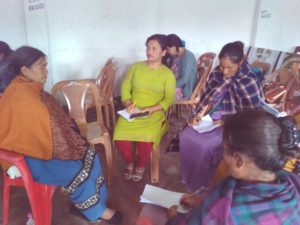
This is a collaboration that we must all celebrate because I am sure that we our indigenous communities are learning from each other. Living Farms I know has done some excellent work on community seed bank and I am sure the communities of NESFAS have learned a lot. I am also very pleased to see that the Agroecology Learning Centres or Agroecology Schools as Via Campesina call them has become a reality and that our farming communities are self organising themselves in the rrealm of agroecology.
I am also very pleased to see that the NESFAS Communications Team has been so prompt to upload this news on their website. Please keep up the good work and Living Farms Team, travel well back home and let us make these exchange regular features of our contacts so that this mutual learning process becomes a habit. Good luck.